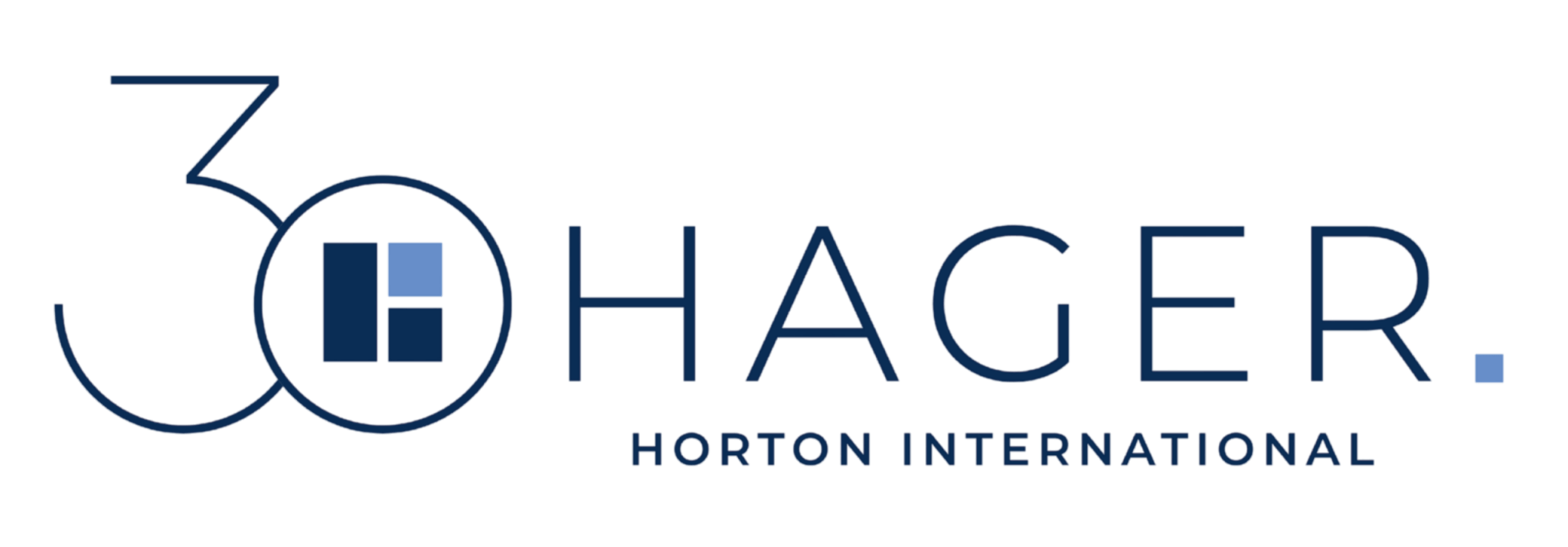By Ingo Kasten, Business Unit Manager for IT Services & Technology Solutions at HAGER Executive Consulting

While the coronavirus pandemic has had a devastating impact on many global industries, the technology sector is responsible for providing creative solutions for complex business areas. Due to the fact that many companies have to switch to a home office model, the use and also the demand for technological solutions as well as communication and collaboration tools has increased to an unprecedented extent.
Due to the current demand for working from home, companies in the IT services & technology solutions sector have also reorganized their existing infrastructures and processes accordingly.
However, this does not mean that everything new is immediately established and brings the best possible benefits. There is proactive trial-and-error, processes and organizational forms are often in a test phase. This is less serious than one might initially think. An open approach to previously unthinkable scenarios also makes it possible to tread unfamiliar and forward-looking paths.
However, the end of the coronavirus crisis is still open. There can therefore be no explicit preparation for the final exit strategy. Many decisions have to be made according to the current situation and adapted and adjusted depending on the situation. What does this entail? Companies need people with an open mind, vision and flexibility.
Positive side effects of corona
Due to the current situation, managers have a different view of their employees and are getting to know them in a new way. In many cases, talents are coming to light that have remained hidden during the daily routine of ‘business as usual’.
“One of my clients admitted to seeing undiscovered talents and overestimating the skills of other team members. Now more than ever, so-called ‘ambiguity tolerance’, the ability to tolerate ambiguity, is in demand. This is not only difficult for employees, but also for many managers, while others thrive on it. Those who have this ability make decisions based on the information currently available, communicate them clearly and are not afraid to revise their own decisions if the situation requires it,” explains Ingo Kasten, Business Unit Manager IT Services & Technology Solutions.
After the coronavirus phase, many job profiles in a wide variety of positions will become significantly more ambiguous. The ability to tolerate ambiguity is particularly useful for managers. It enables a “both/and” way of thinking. People with this characteristic make decisions with a healthy mix of composure and prudence, even in crisis situations, and implement them in a goal-oriented manner. It is important for their superiors to appreciate this quality even when wrong decisions are made. The principle of error tolerance is a side effect that has often been neglected in the past, but now seems to be much more necessary.
Have measures, plans or strategies been prepared to relocate/change or even realign business areas?
In recruiting in the IT Services & Technology Solutions sector, almost all vacancies that serve to strengthen rather than supplement the team are being pursued. In particular, positions that were already crucial to future business success before the coronavirus phase are being sought even more intensively in the current situation. In addition, new fields of activity and areas of responsibility are currently being planned, which will have a corresponding impact on recruiting activities.
“In the current situation, managers should take an even closer look at who of the established team is best able to cope with ‘moving targets’. These ‘hidden champions’ need to be supported. The people who need to be more consistent should not be ignored, as they are still needed in ‘daily business’. However, as soon as it is clear which skills are missing, companies should take advantage of the current phase and start recruiting. As is so often the case, the motto “early bird catches the worm” applies. As soon as the entire market has calmed down and is operating normally, the search for people with will, vision and openness will become much more difficult again,” continues Kasten. “That’s why it’s important to be clear internally now about who you’re looking for and also to seek external advice for support.”
Conclusion
In addition to the shift in markets, the coronavirus is also causing employee skills to be perceived differently. Many managers are getting to know new skills and characteristics of their employees and have to reassess their entire personnel requirements accordingly. The new situation has also changed the demands placed on employees. The new normal requires a new mix of characteristics and qualifications.
Business leaders and managers should discuss personnel planning with all affected stakeholders in good time. Ideally, the changed requirement profiles should be precisely formulated with professional HR consultants. If all companies return to a ‘business-as-usual’ approach, it is very likely that they will all be looking for the same people at the same time. Coveted employees, those who make the ‘necessary’ difference for companies, will not only be more selective, but will probably also be so involved internally that it may simply fail to win them over due to a lack of time.



